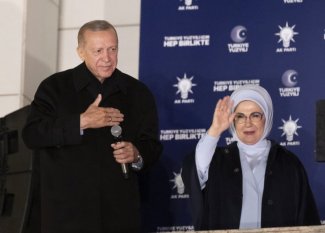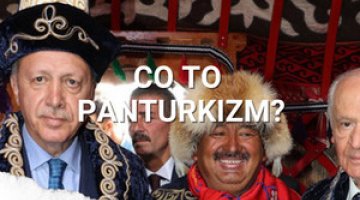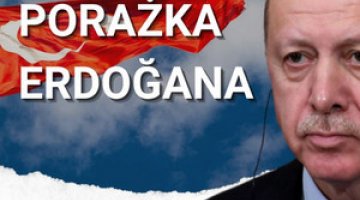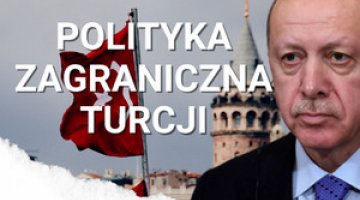Turkey: a spectacular electoral success of the ruling camp

Turkey held presidential and parliamentary elections on 14 May. After counting 99% of the domestic ballot boxes and 84% from abroad, the Supreme Election Commission reported that in the presidential election Recep Tayyip Erdoğan received 49.4% of the vote, opposition candidate Kemal Kılıçdaroğlu 44.9%, and the anti-regime nationalist Sinan Oğan 5.2%. This means that there will have to be a run-off on 28 May, in which Erdoğan and Kılıçdaroğlu will face each other. Three political alliances crossed the threshold in the parliamentary elections: the ruling People’s Alliance (49.37%), the opposition National Alliance (35.12%) and the Kurdish left-leaning Labour & Freedom Alliance (10.53%). Turnout was at a record high, hovering around 88%. The election results have been accepted by all political groups in the country; no public protests were held in their aftermath.
Commentary
- The results make it possible to say that the ruling camp has won a decisive victory. The People’s Alliance has retained its parliamentary majority (probably winning 321 seats out of 600, including 266 for Erdoğan’s AKP and 50 for their coalition partner the MHP). The result of the presidential election will clearly favour Erdoğan in the second round. The current president’s strong political mandate is evidenced by the very high turnout, the lack of blatant incidents of fraud and the transparent vote-counting process, which did not give the opposition any opportunities to openly challenge the results or organise street protests.
- The results of the election consolidate and strengthen the ruling camp centred around President Erdoğan. The governing coalition owes its victory to stabilising the economic crisis in the pre-election period (thanks among other things to an influx of capital from abroad, including Russia), extensive social transfers, a convincing presentation of its achievements during two decades of rule, and finally its promise to maintain domestic stability. The ruling camp’s firm control over the media and the state apparatus also had a significant influence on their high support. The MHP won a record-high 10%, which underscores the importance of the nationalist electorate in Turkish elections.
- The lower-than-expected support for Kılıçdaroğlu surprised the opposition. Indeed, pre-election polls indicated that he could even have hoped to win in the first round, which was the narrative the opposition pursued in its campaign. However, it failed to defeat the ruling camp, despite the public’s fatigue with two decades of AKP rule and the current economic crisis. The opposition, consisting of six parties, has found it very challenging to try and reconcile the far-reaching differences among themselves and present a programme that could appeal simultaneously to nationalist and liberal voters. The opposition’s poor results may lead to its fragmentation while demonstrating the ineffectiveness of its unifying message.
- Erdoğan is the clear favourite to win in the second round of the presidential election. In addition to the perks of incumbency, he will also benefit from a clear advantage in public support, the aura of success provided by the results of the 14 May elections, as well as the declared votes of about one-third of Oğan’s voters (a further third remain undecided). As a consequence of their defeat, the opposition has to confront the demotivation of their electorate along with their own internal tensions, which the ruling camp will undoubtedly serve to stoke and actively play on. This does not change the fact that the temperature of the political dispute in Turkey will remain high over the next two weeks; the use of nationalist themes (including anti-Kurdish and anti-Western motifs) can be expected to intensify as both sides seek to win over Oğan’s nationalist electorate.




